"We are all aware of the fact that the coming times will be very intense (...) and I think that at the same time with the need to mobilise the equipment as quickly as possible, including heavier ones of the type of heavy tanks that Ukraine needs, we need to be sure that there is also ammunition," NATO Deputy Secretary General Mircea Geoana told AGERPRES in an exclusive interview in Brussels on Wednesday.
The senior NATO official said that the Ukrainians have shown very good morale as well as "heroism and an ability to adapt to very difficult situations - both the military and the civilian population - which is in contrast with the very low morale of the Russian forces." He said he is convinced that when the Ukrainians launch their offensive, they will choose the time, place and method very well, that "they will take into account both the realities on the ground and logistics realities" and that they will succeed.
Geoana also said that Ukraine requested NATO to train its military in NATO logic since 2014, when the annexation of Crimea by Russia took place, and that they "are willing to learn quickly and assimilate very quickly these new equipment and the command and control that derives from it."
In the interview, Geoana also said that in light of the incidents with balloons and other unidentified objects that led the US to announce that it will readjust its radar surveillance system, Europe needs a much more efficient and comprehensive missile defence system, on several planes of altitude, and that the Supreme Allied Commander is currently doing military planning for such a system.
Geoana also said that he makes a very good team with incumbent Secretary General of NATO Jens Stoltenberg, about whom he said that "until the last day in office he will do his duty", although the former Norwegian prime minister publicly announced that he does not want a new extension of his current term of office at the helm of NATO. At the same time, said Geoana, there will be enough time to discuss politics in Romania when he will have met his moral and professional obligation to serve NATO to the best of his abilities.
In his interview to AGERPRES, Geoana welcomed the fact that "France and other allies, together with (...) Romania, are preparing very seriously to be able to create the conditions" for the battlegroup in Romania to be promoted to brigade level. He said that "this will be tested through an exercise that we will do in Romania this spring."
AGERPRES: Mr Deputy Secretary General, next week marks one year since the start of the Russian aggression in Ukraine. In the beginning, many said that it would take days, weeks, months, and now it's a year. What do you think are the scenarios for the war in Ukraine in 2023?
Mircea Geoana: Secretary General Stoltenberg has repeatedly said that this war will be a long one and that we do not see political conditions for the two sides to reach a solution. Most conflicts and wars end at the negotiating table, but it depends a lot on the situation on the ground. That is why I believe that the shortest path to peace is a quick victory for Ukraine, and I believe this to be in our common interest. We see the Russian Federation already starting this offensive that we anticipate; it is not a very massive one yet, but it is obviously in preparation. And the Ukrainian side is preparing a counteroffensive, there is nothing secret here, but it is obvious that this time, these months and after a muddy season, when things get simpler for the confrontation on a larger scale, this conflict will intensify. We do not make predictions, because predictions in a war always carry a high probability risk, but what we are saying is that we all need to support Ukraine, we will do it, we do it, because the stronger Ukraine gets, the sooner the war will end.
AGERPRES: In recent months, Ukraine received numerous weaponries, including armoured vehicles and tanks. How soon do you think it will be able to integrate all this military aid into its operational structures and do you think it will be able to do this soon enough to make an impact in the coming months, which you also said will be crucial to the conflict?
Mircea Geoana: There are many parts that make up a successful military operation. First of all, it is about the morale of the troops, and here I want to say that the Ukrainians continue to prove their heroism and their ability to adapt to very difficult situations - both the military and the civilian population - which is in contrast to the very low morale of the Russian forces. Secondly, Ukraine asked us to prepare its military forces in the NATO logic after 2014. The Minister of Defense of Canada [Anita Anand] told us at today's meeting that, since 2014, Canada has trained 35,000 Ukrainian soldiers, in cumulative series, obviously. So the second component, besides the equipment, is training, the preparation of the Ukrainian military to use those pieces equipment which are obviously much different and more sophisticated than the Soviet ones we are used to. To the credit of the Ukrainians, and because they are already trained in NATO logic, they learn very quickly, they are willing to learn quickly, and they assimilate very quickly this new equipment and the command and control that derives from it. (...) At the same time with the meeting of the defence ministers, also here at NATO, the meeting of the Contact Group for Ukraine took place, led by the Secretary of Defense Lloyd Austin: there were 55 countries, 30-32 allies and the rest NATO partners which continues to help Ukraine.
That is why, from fuel to air defence systems, from spare parts to thick winter equipment, from cyber protection to space assets, we are trying to work and I think we are doing a very good job helping Ukraine with this horizontality of needs to be able to resist and finally win the war.
AGERPRES: Secretary General Jens Stoltenberg said on Tuesday that the main problem is not whether or not the allies will deliver fighter jets to Ukraine, but to deliver what has already been promised, including tanks, armoured vehicles, etc. Did it seem to you that at the ministerial meeting all the ministers were connected to this sense of urgency that the secretary general tried to communicate?
Mircea Geoan: Obviously, we are all aware of the fact that the coming times will be very intense, a lot of ammunition will be consumed, and I think that at the same time with the need to mobilise equipment as quickly as possible, including heavier ones, such as the heavy tanks that Ukraine needs, we need to be sure that there is also ammunition. And here is the signal, not of alarm, but of warning that the secretary general gave both in public and inside the meetings here at the NATO headquarters.
So we need to work with the industry to be able to produce more, to produce in sufficient quantities for Ukraine, but also for our own demand. And the Supreme Allied Commander, American General (Christopher) Cavoli, who was at our meeting today and gave a very comprehensive and very professional presentation of how we are preparing for our own defence and deterrence; we all want to see that and our production capacity grows as the demand grows. Certain countries have already started to increase their production, there are announcements made by the United States, UK, France, Germany, Canada, other countries like Poland and Slovakia.
So there is at the moment recognition of the fact that we need a more important industrial capacity. We also recognise that it is easier to acquire together than individually as allied nations. It is better to apply NATO standards to avoid the situation where, let's say, the same gun from Germany cannot fire projectiles of the same caliber as the one from the Netherlands. So, there are many bigger and smaller things that together give coherence, give clarity to the defence industry, and I am convinced that we will succeed in having the industrial capacity that will allow us to help Ukraine and protect ourselves as well.
AGERPRES: The head of the Pentagon, Lloyd Austin, said that, in his opinion, there will be a Ukrainian offensive sometime in the spring. What do you think will be essential for the success of the Ukrainian offensive, apart from this military aid, as quickly as possible?
Mircea Geoana: It is not one-off aid; it is a strategic and comprehensive aid. The Ukrainians calculate their (decisions) very carefully, they are already very experienced soldiers, and they have first-rate military commanders. We can say that the way they planned their recent counteroffensives - both in Donbas and in the south - shows us that they are military leaders and political leaders who know how to calibrate their decisions very carefully. That is why we are convinced that when they decide, and where they decide, and how they decide, they will take into account both the realities on the ground and logistics realities. And the secretary general said that it is actually a war of logistics. And I am convinced that these things are taken into account by our Ukrainian partners, and I am convinced that when they launch this offensive, or offensives, they will succeed.
AGERPRES: How long do you think it will take for Romania to make the transition from a battlegroup to a brigade, something Romania is currently working on?
Mircea Geoana: I would like to welcome the fact that France and other allies, together with the ally of the host country Romania, are preparing very seriously to create the conditions for this battlegroup to be, if necessary, converted to a brigade. And this will be tested through an exercise that we will do in Romania this spring (...) Not only in Romania, but in all the battlegroups, there is a joint effort by the countries that make up those battlegroups and obviously by us, on the NATO side, to make sure that we have military exercises that allow us to practice that.
But I would say one more thing. There is very often, and legitimately, an interest in quantity: how much, at what level? We also put a lot of emphasis on quality, on the multi-domain dimension. Because, for example, in the case of Romania, the Black Sea is a complex case. And in the case of Romania it is very important to have this multidimensional approach, and cyber, and space, and intelligence, and marine and submarine issues in the sense of technologies adapted to the situation there.
So I can only say one thing for Romania, that the battlegroup is developing very well, Romania is doing its duty as host country, and is investing and preparing for this, and we will be sure that by (the NATO summit in) Vilnius we will have the whole eastern flank practiced to brigade level and we will see in the next period all the elements that make up this.
And, once again, I want Romanians, those who will read this interview, to be absolutely convinced that NATO is very serious in the defence of the entire allied territory, including and especially as far as my country, Romania, is concerned.
AGERPRES: After the recent incidents with balloons or other unidentified flying objects there will be a readjustment of the US radar system. Do you think this is necessary for NATO allies as well, given that such unidentified objects have also been reported in this region, which we do not know exactly what they are, and we also have a war zone in Ukraine?
Mircea Geoana: We have to look at things in their complexity. Yes, in Europe we need a much better and more comprehensive missile defence system, what we call on several altitude areas. And Romania does this by having at Deveselu part of the AEGIS system, which is also a NATO system. And other countries have national systems and therefore we are working at NATO level and the Supreme Allied Command is doing military planning for a NATO integrated multi-altitude missile defence system. And I am convinced that our military commanders in NATO or at the national level, from the US to the Eastern flank, will also calibrate their air and anti-air surveillance and interception needs accordingly.
At the same time, we must also avoid the sensational, because there is obviously a certain unusual element in this type of occurrence and sometimes, as was the case in Romania, there is also information that is not necessarily all of a hostile nature. So people can be sure that we at NATO are doing things very, very seriously and that we are working thoroughly on a missile defence system that takes into account the real risks to our collective security.
AGERPRES: September will see the end of the mandate of Secretary General Jens Soltenberg, who has said he is not interested in a further extension. You have been offered this position, are you considering it or are you rather considering a return to Romanian politics. The latest polls give you good chances in the next presidential elections.
Mircea Geoana: The Secretary General, myself and our team have a job to do here at NATO. The Secretary General - I don't want to praise him, he receives praise from all corners of the planet and from all corners of the Alliance - is an exceptional leader, I am proud to be able to work in his team and I believe that together we make a very good team. That's why the allies decide the length of the terms and the people who occupy the leadership positions within NATO and, obviously, until the last day of his mandate, the Secretary General will do his job and this will be seen in the next period, when we have an important summit to prepare in Vilnius. We have an anniversary year in 2024, 75 years since the establishment of NATO. But Jens Soltenberg, myself and our team are doing our job here. There will be plenty of time to discuss and comment on the politics at home when we have overcome this moral and professional obligation to serve the Alliance with the best we have, and that is what I will continue to do, as long as the Alliance needs me in this position.

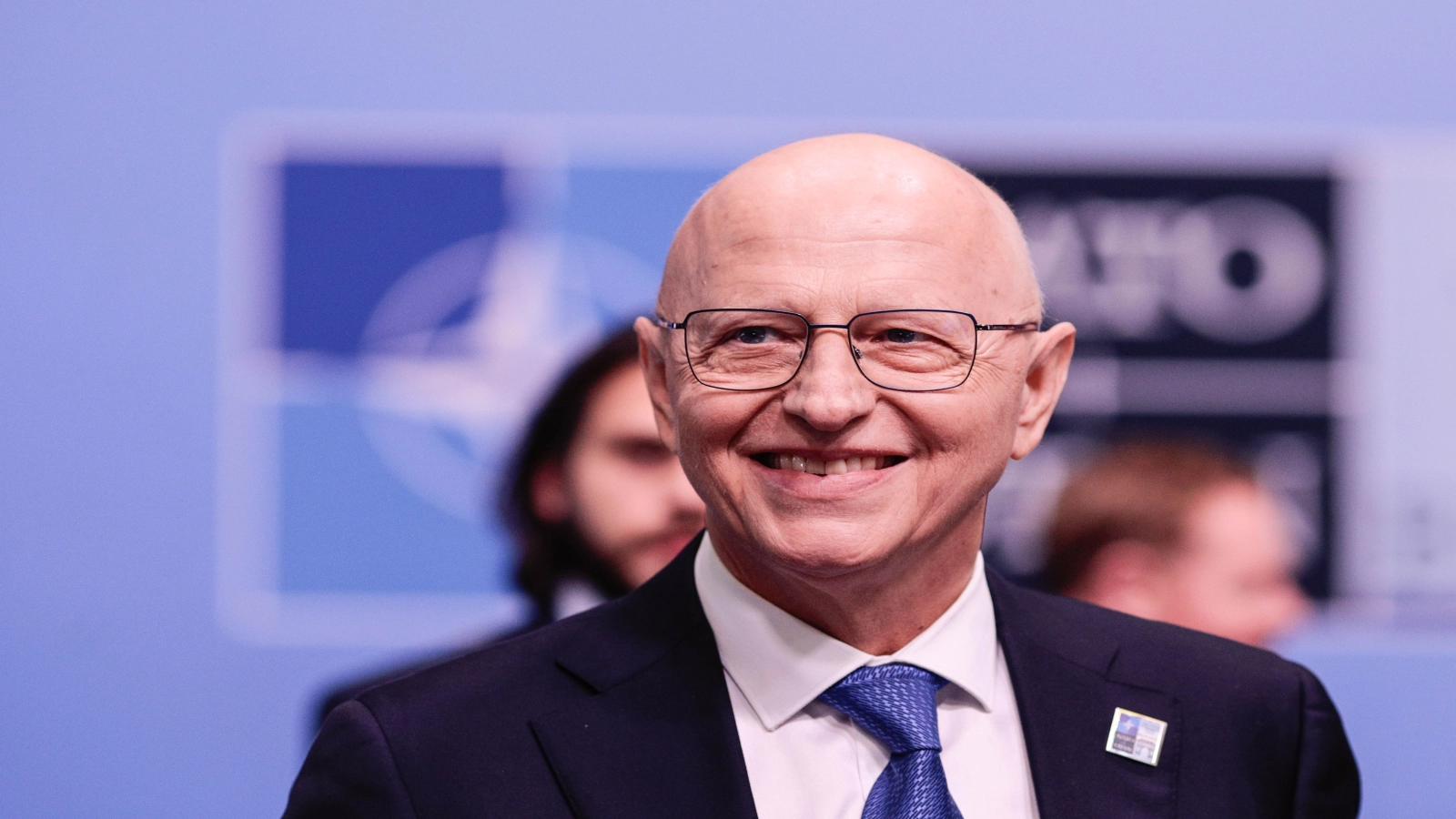
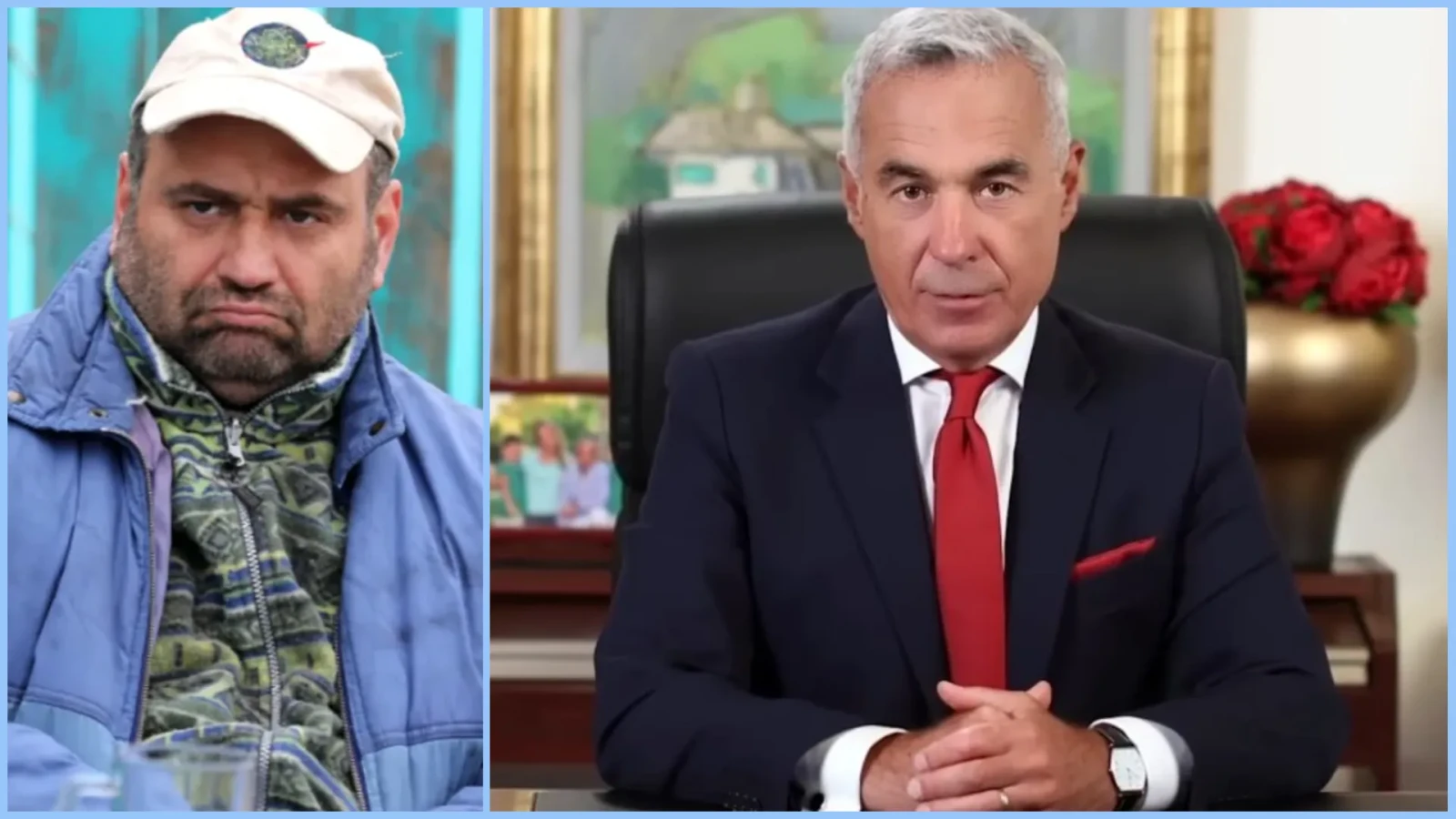
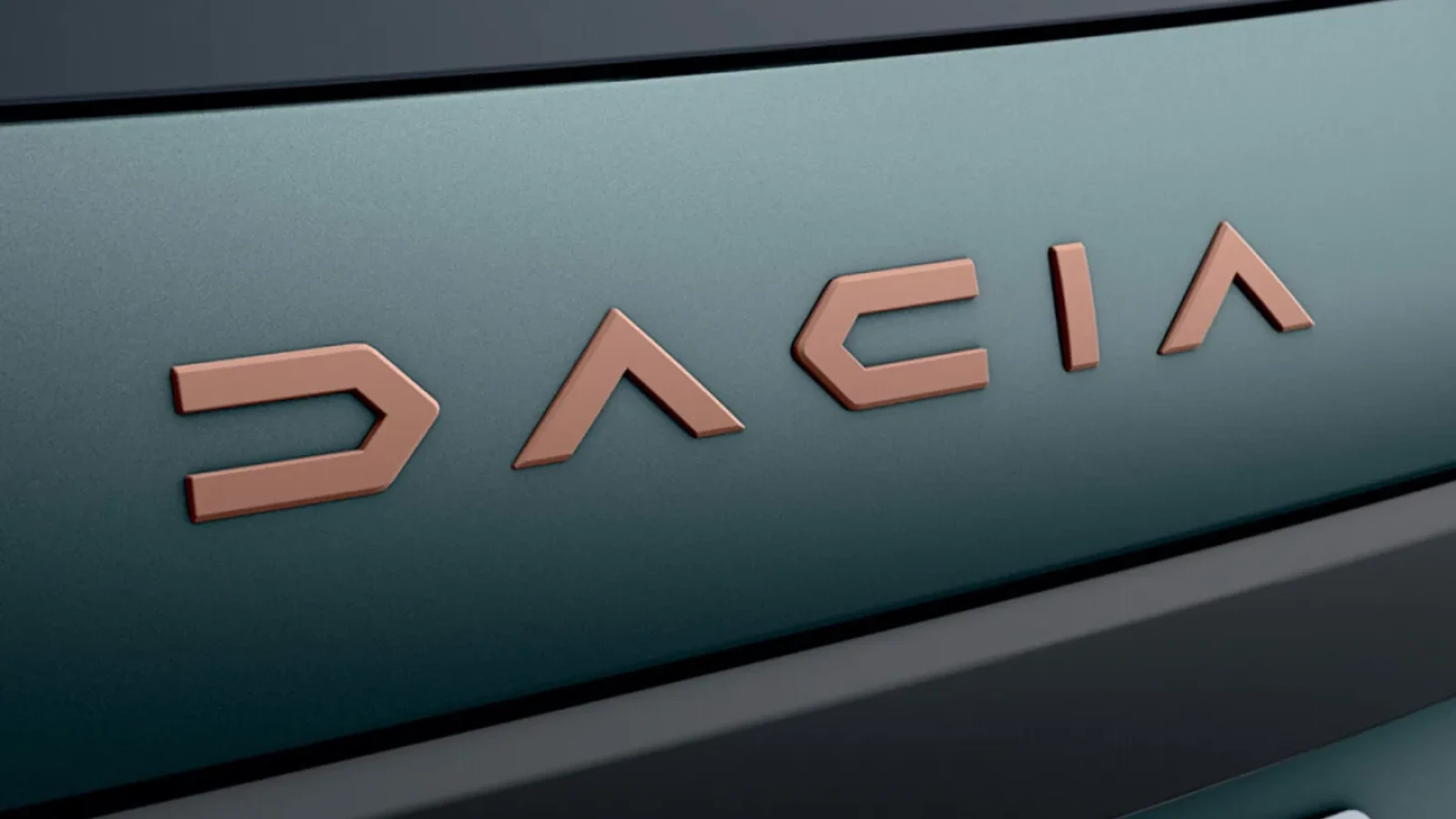



















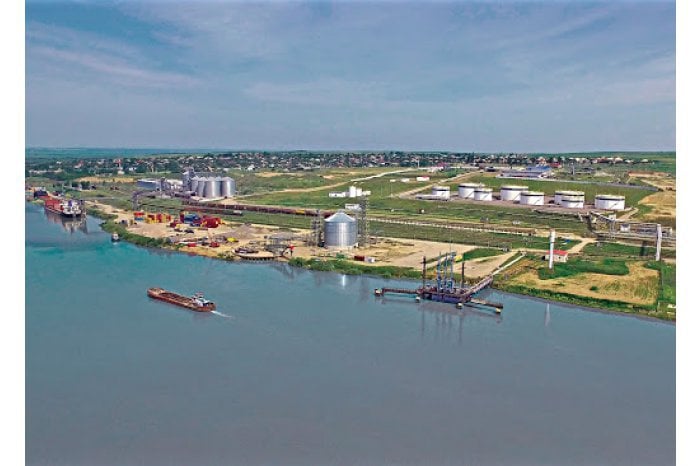
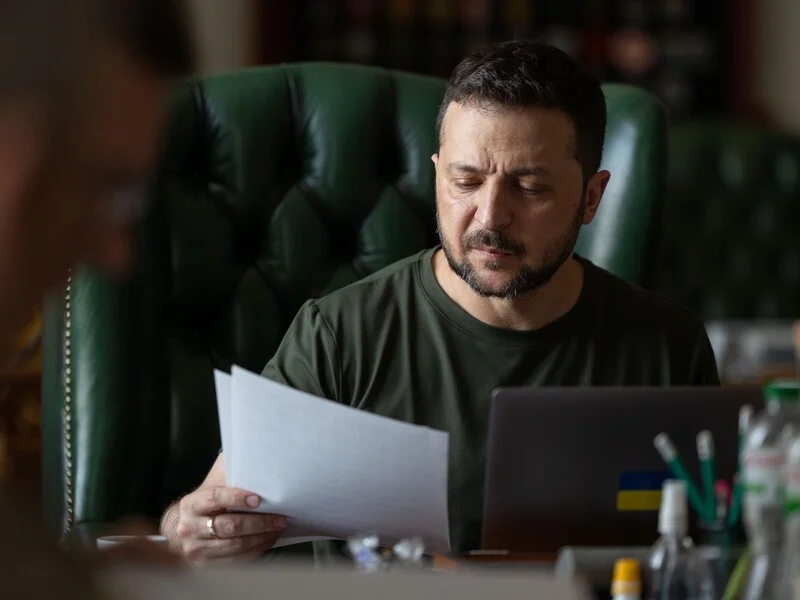









Comentează